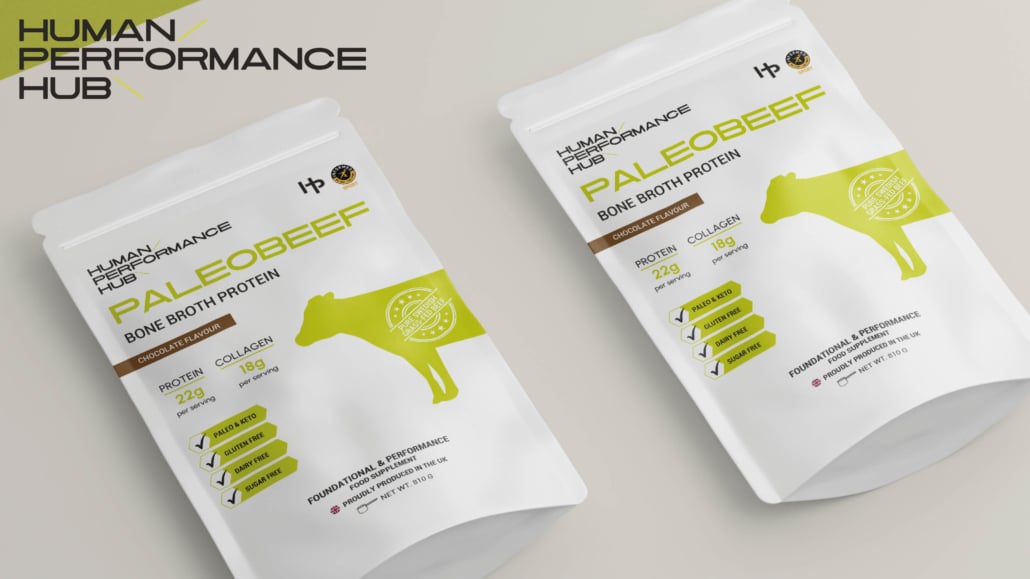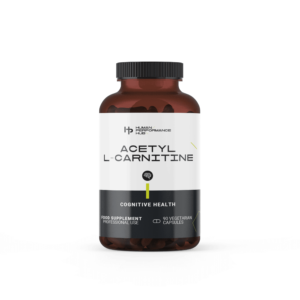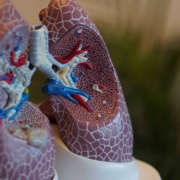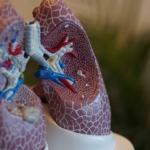“Fat reduction needs a calorie deficit.”
You’ve heard it everywhere – and technically, it’s true. To lose fat, your body must use more energy than it takes in. But that’s only one part of the story.
In practice, many people reduce their calories for weeks – sometimes drastically – yet see little or no change in body fat. Others can lose weight quickly at first, only to plateau or lose mainly muscle, instead of fat.
So, if calories matter, why doesn’t the math always work?
To understand how to lose weight naturally, we need to take a deeper look at the science behind losing weight, and how your body actually responds to changes in diet, hormones, and energy balance.
To lose weight naturally, you need a steady (not extreme) calorie deficit supported by quality sleep, hormones, and protein intake. Research shows muscle prevention, nutrient density, and stress control are all key parts of the science behind losing weight effectively – and keeping it off.
Read on to discover how to lose weight naturally, the real science behind fat loss that fad diets don’t tell you, and how to create an environment where your body can burn fat effectively and sustainably.
The Truth About Calorie Deficits
By definition, a calorie deficit means that your body exerts more energy than it consumes. In this state, it draws on stored energy from glycogen, fat, or, if pushed too far, muscle, bones, and organs – to make up the shortfall.
That’s the foundation of fat loss, but it’s also where the science of losing weight gets more complicated. Your energy balance isn’t an exact number – it’s a fluctuating equation that’s influenced by many variables.
Online calorie calculators and fitness trackers offer a guide, but it’s not a guarantee. Studies have shown a difference between actual and calculated calorie burn in about 30% of cases.
What Does Your Calorie Needs Depend On?
Your true energy needs shift daily, and depend on:
- Activity level
- Total muscle mass
- Sleep quality
- Physical and mental stress levels
- Basal Metabolic Rate (the minimum number of calories your body needs to perform basic life-sustaining functions, such as breathing, circulation, and cell repair, while at rest)
- NEAT (Non-Exercise Activity Thermogenesis)
- Thyroid function and hormones
So while calorie balance matters, understanding how to lose weight naturally means recognising that your body is dynamic, not mechanical.
Why Your Body Isn’t a Calculator
In theory, eating less equals losing weight. In reality, your body doesn’t behave like a simple math equation – it’s an adaptive system that’s designed for survival.
When calorie intake drops sharply, your body makes changes to compensate for the lack of incoming energy by saving energy:
- Basic metabolic rate slows down
- Thyroid hormone levels (T3 and T4) drop
- Non-exercise movement decreases
- Appetite and cravings increase
These are subconscious survival mechanisms. The body isn’t aware that you’re dieting, even if your conscious brain is – it only senses scarcity and reacts.
Over time, this “metabolic adaptation” makes fat loss slower, harder, and more frustrating. Extreme calorie restriction can even cause the body to resist fat breakdown entirely. Instead of burning fat, it clings to it, prioritising survival over aesthetics.
That’s why the key to losing weight naturally is balance, not extremes. So, how do you find this balance?
-
Hormonal Regulation: The Invisible Weight Loss Barrier
Hormones are the gatekeepers of energy use – deciding whether to store or release fat. Their most important roles include:
- Leptin: Signals energy sufficiency to the brain. Low levels (from under-eating) tell your body to conserve energy.
- Insulin: Regulates blood sugar and fat storage. Chronic stress or poor sleep can increase insulin resistance, making fat loss harder.
- Cortisol: The “stress hormone”. Constantly elevated, it encourages belly fat storage and impairs recovery.
- Thyroid Hormones (T3 and T4): Control metabolic rate. Dieting too aggressively can suppress them, lowering overall energy expenditure.
The science behind losing weight shows that hormonal balance is essential – not just calorie reduction.
-
Mitochondrial Function: Your Fat-Burning Engine
Fat loss depends on the mitochondria, which are the tiny “power plants” in your cells that convert stored fat into usable energy. If mitochondrial function is impaired due to stress, inactivity, or nutrient deficiency, fat burning slows down even if you’re in a deficit.
Micronutrients like magnesium, B vitamins, and iron are crucial for energy metabolism. That’s why it’s important to prioritise nutrient-dense foods and high-quality protein sources.
At Human Performance Hub, we provide Informed Sport certified Bone Broth Protein Powder that is rich in amino acids and collagen, supporting mitochondrial health, tissue repair, and gut function – vital for natural, consistent progress. Read our guide on how bone broth can help you lose weight to find out more.
-
Chronic Dieting & Metabolic Adaptation
When the body experiences long-term restriction, it adapts by lowering its baseline energy needs – which is a survival mechanism known as metabolic adaptation.
Common symptoms can include:
- Fatigue and low motivation
- Stubborn body fat that won’t shift
- Reduced exercise performance
The solution to this lies in strategic nutrition, not further restriction. Maintain a steady protein intake (to preserve muscle) and strength train regularly to ensure that your body continues to use energy efficiently. Natural proteins like our HPH Bone Broth Protein Powder can be great for maintaining lean muscle mass and recovery during calorie restriction.
4. Female Metabolism & The Menstrual Cycle
Women’s metabolism naturally fluctuates across the menstrual cycle. During the luteal phase, calorie needs rise while insulin sensitivity drops. This can lead to water retention or slower visible progress – even when fat loss is occurring.
Cycle-aware training and nutrition are crucial when learning how to lose weight naturally. Adjusting protein and micronutrient intake throughout the month helps to sustain energy, mood, and progress.
5. Inflammation, Stress, & Fat Loss Resistance
Chronic stress can trigger inflammation and disrupt hormonal balance. High cortisol levels signal your body to conserve energy and store fat – especially around the midsection.
Inflammation from poor sleep, overtraining, or an unbalanced diet can also hinder fat metabolism.
Bone broth naturally contains glycine, an amino acid that supports relaxation, reduces inflammation, and promotes restorative sleep – all key factors in the science behind losing weight sustainably.
6. The Power of Protein for Natural Fat Loss
Protein is essential in any natural fat loss plan. It helps to:
- Preserve lean muscle mass
- Increases fullness and reduces cravings
- Boosts calorie burn through thermogenesis
HPH Bone Broth Protein provides a clean, collagen-rich source of protein that supports gut health, muscle recovery, and hormonal balance – all vital parts of the science behind losing weight naturally.
7. Micronutrients: The Overlooked Fat-Loss Factor
Micronutrients like vitamin C, magnesium, and B vitamins play crucial roles in metabolism. When calorie intake drops, micronutrient intake often falls too – reducing metabolic efficiency.
The lose weight naturally, ensure your diet includes whole, nutrient-dense foods or consider supportive supplementation.
8. Sleep, Recovery, and Regeneration
Poor sleep disrupts hunger hormones – increasing ghrelin and reducing leptin – while raising cortisol levels. This hormonal shift increases appetite and decreases fat oxidation.
Studies show that those who sleep less lose more muscle than fat. Even in identical calorie deficits.
Quality sleep enhances recovery, hormone balance, and metabolic health – the foundation for losing weight naturally. Bone broth protein, rich in glycine, can support deeper, more restorative sleep and faster recovery. Find out more in our guide on bone broth and sleep.
Support Your Natural Weight Loss with HPH
At Human Performance Hub, we believe in supporting the body, not fighting against it. Our PaleoBeef Bone Broth Protein Powder offers a collagen-rich, gut-friendly source of protein – helping you stay strong, nourished, and energised as you lose weight naturally.
Clean ingredients, backed by science, and designed for results.
Shop HPH Bone Broth Protein today and give your body the support it needs to perform and transform – naturally.


















